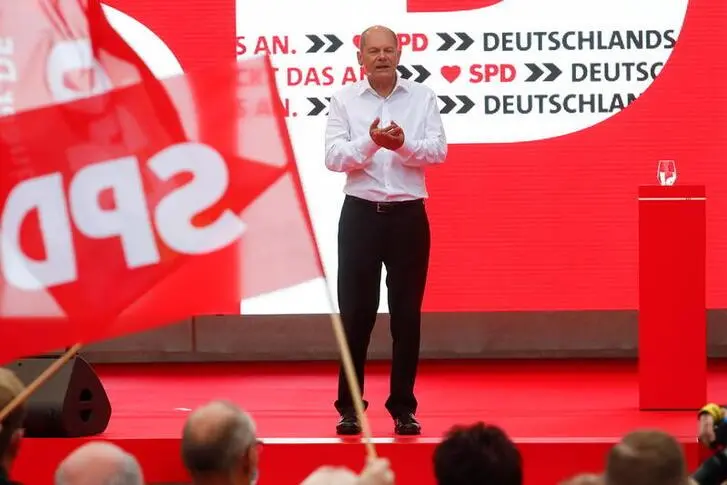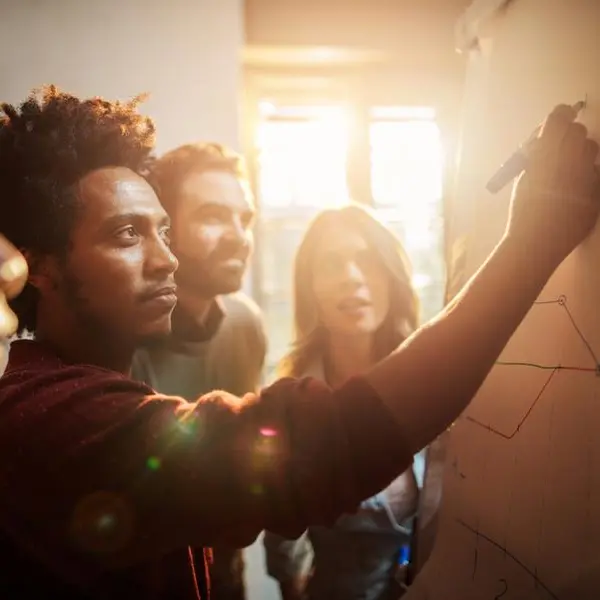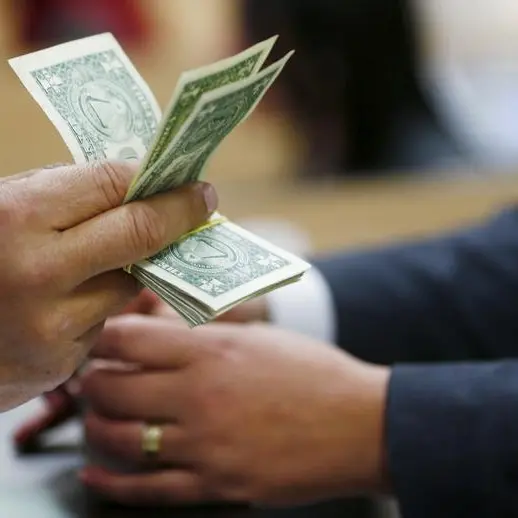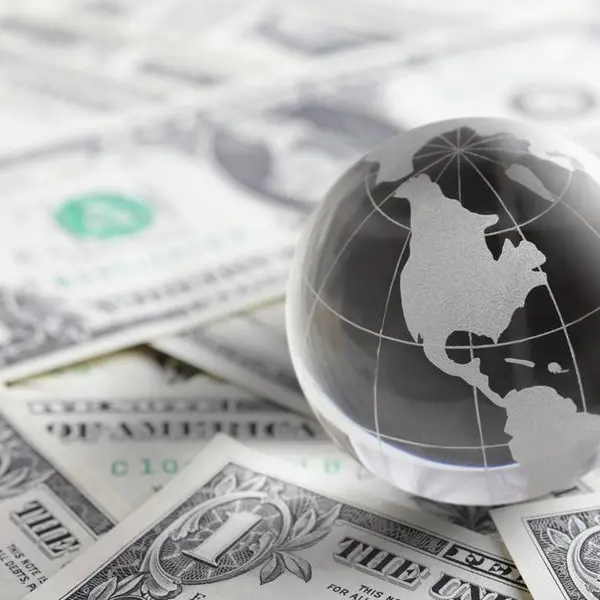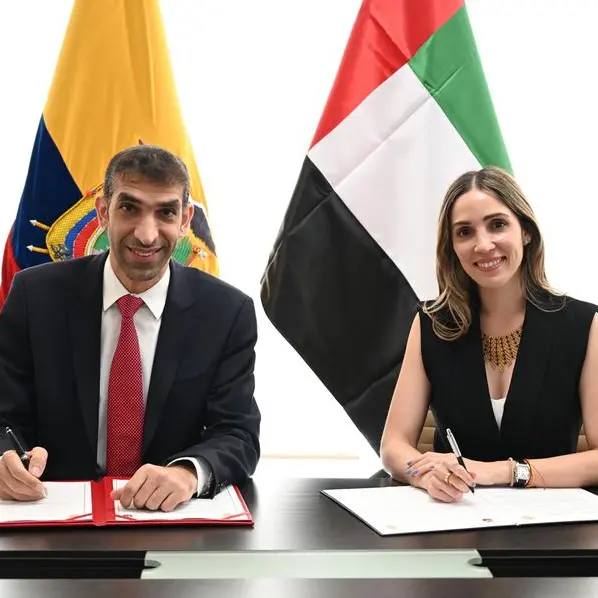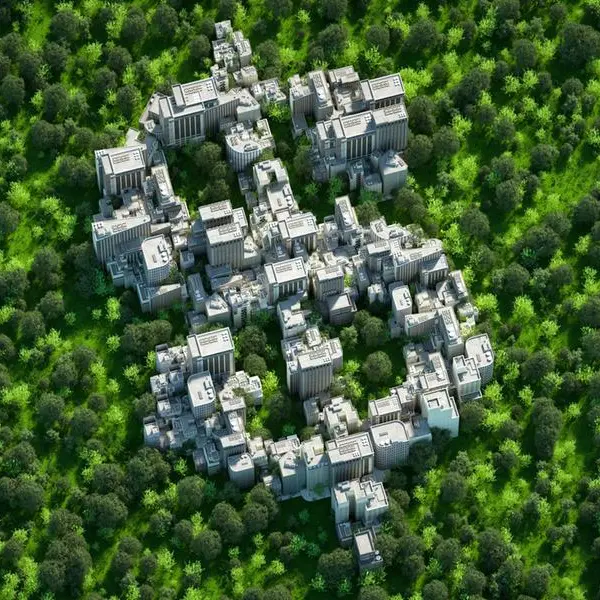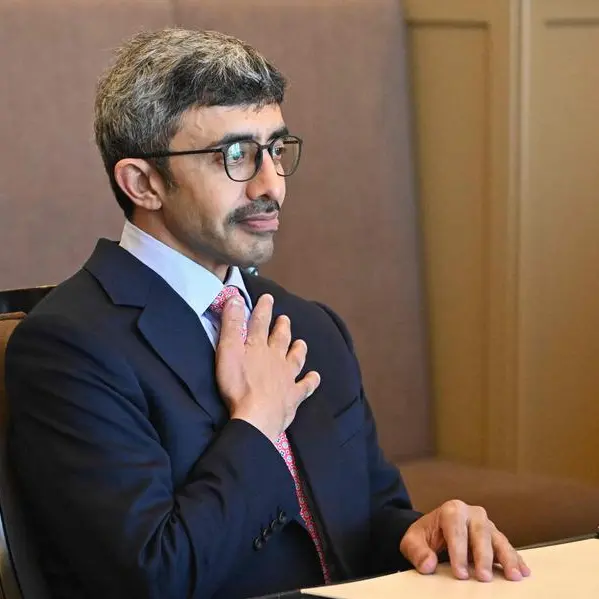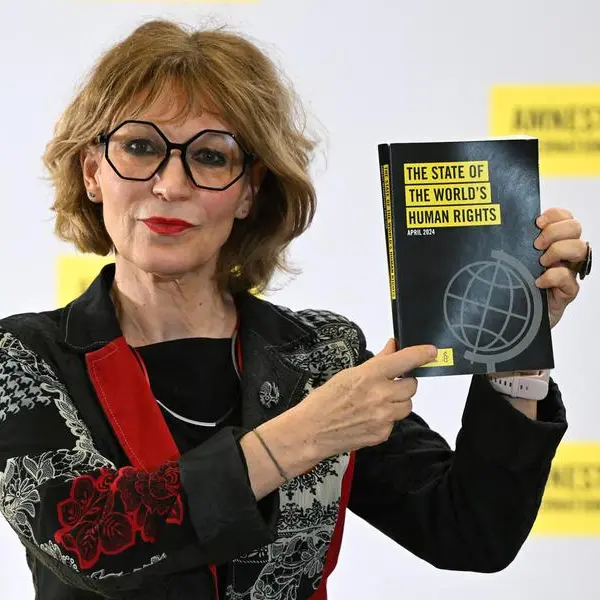PHOTO
With Germany’s 2022 presidency of the G7 beginning in January, the three political parties negotiating a new coalition in Berlin are expected to begin formal talks — sooner than expected — next week to try to take up the reins of power before the end of the year.
However, Germany’s hosting of the G7 is not the only major upcoming international event that is putting urgency into the negotiations, with the G20 and COP26 summits taking place this autumn. While a new coalition is unlikely before those forums, with Angela Merkel likely to attend in her role as caretaker chancellor, her expected replacement, Olaf Scholz, wants to ensure he is in power to kick off his nation’s big G7 year.
The anticipated new “traffic light” coalition, led by the center-left Social Democrats in combination with the pro-business liberal Free Democrats and the Green Party, is likely to have important policy changes on the horizon. While many see the main contribution of the Greens, who placed third in last month’s election, to be on sustainability, the environment or social and corporate governance issues, it could be on other subjects, such as China, that the party has an unexpected impact.
This is because the election indicated there is a relative political consensus among the key parties on topics such as global warming. However, there is a sharper divergence over China ahead of next year’s 50th anniversary of bilateral ties compared to the Merkel era, which could see a more conflictual policy, including over human rights and Xinjiang.
The Greens advocate a more strongly “human rights-centric” approach to Beijing, with one of the party’s MEPs, Reinhard Butikofer, asserting recently that “Germany’s unbalanced China policy is heavily skewed toward the interests of a few multinational corporations at the expense of other sectors of our economy, and certainly at the expense of our values and security concerns.”
The closeness of Beijing and Berlin over the past decade-and-a-half was underlined by Chinese President Xi Jinping only on Wednesday, when he held a video conference with Merkel. He said that she has always been a friend of the Chinese people and invited her to visit the country after leaving office.
Beijing regards Merkel as a stabilizing ally who helped counteract the growing number of Western politicians, such as former US President Donald Trump, who called for a decoupling from China. In recent months, for instance, the German chancellor has pushed hard for the implementation of an EU investment deal with Beijing that was sealed last year and spoke out against the idea that democracies should unite to isolate Beijing diplomatically. Thanks in part to the strong economic relationship between Germany and China, Berlin has sought to avoid confrontation with Beijing over human rights abuses.
In the years before Merkel’s ascent to power in 2005, China joined the World Trade Organization and German firms, many of which began setting up operations in China in the 1970s, profited big time. Since 2015, China has been Germany’s largest trading partner, with the pair exchanging goods worth more than $250 billion.
However, Merkel’s “change through trade” strategy has few remaining supporters. Under Xi, China’s economy remains under tight state control and alleged human rights abuses against Uighurs in Xinjiang and political dissidents have received greater attention.
China aside, one of the broader concerns held by many about Germany’s foreign policy in the potential new coalition of three — rather than two — parties is that policy direction will be more contested. And this after Merkel helped Europe navigate the political and economic tumult resulting from the eurozone economic crisis and the bloc’s migration challenges.
This underlines that, ultimately, Germany’s political flux is not just a domestic issue, but also one that matters deeply for Europe and the world at large.
Germany now stands at a historical crossroads. While a multiparty system could have some positives, the political danger is a potentially weaker Germany and Europe at a time of growing global geopolitical flux and economic uncertainty.
- Andrew Hammond is an Associate at LSE IDEAS at the London School of Economics.
Copyright: Arab News © 2021 All rights reserved. Provided by SyndiGate Media Inc. (Syndigate.info).
